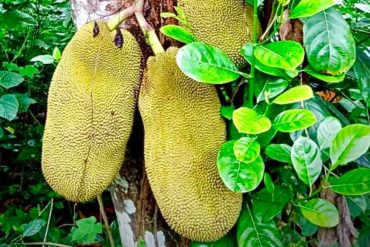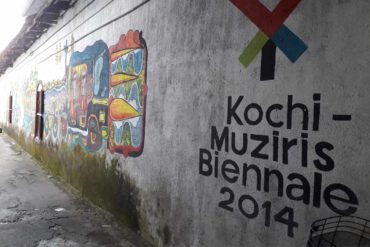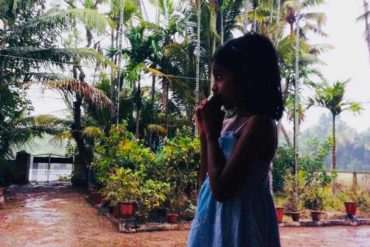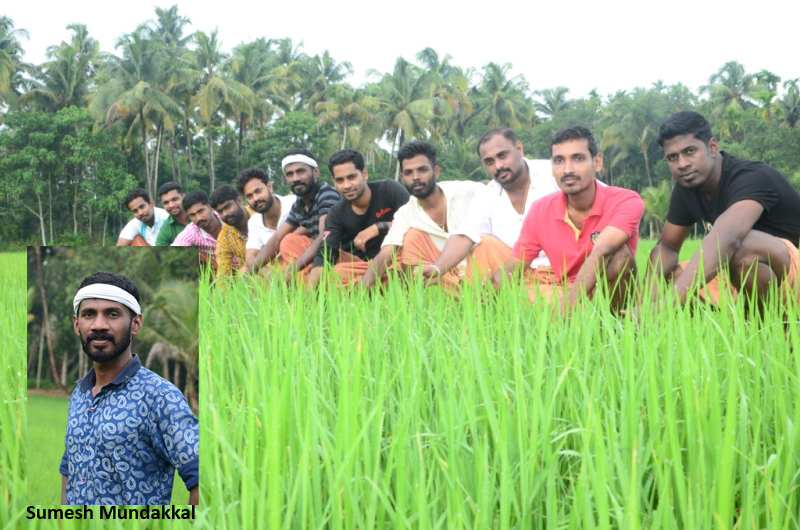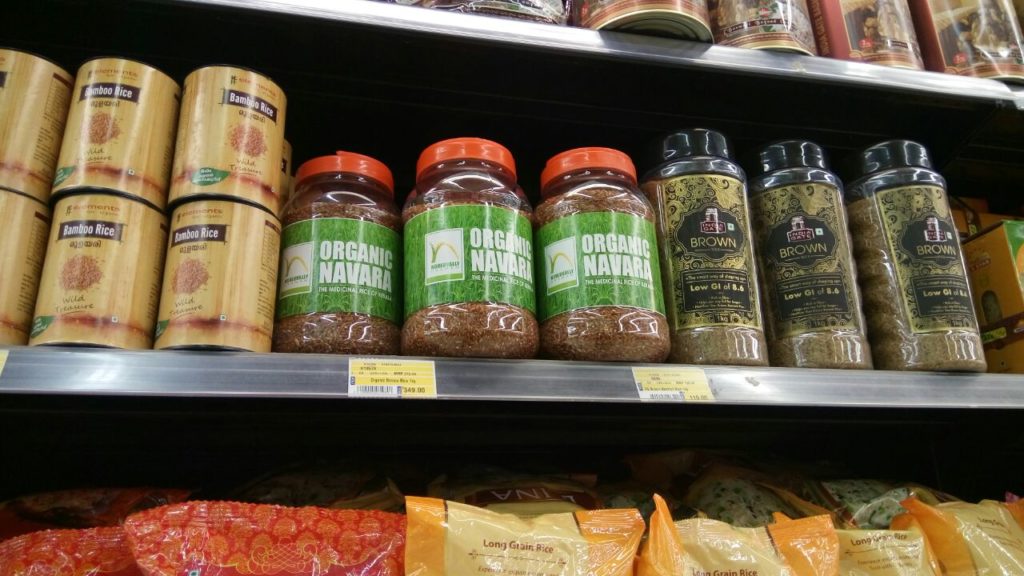In this fast-moving world, nobody has time. When it comes to lifestyle, everything has changed drastically. In the olden days, every house had its own designated area for agriculture. Paddy, vegetables and other necessary items would be cultivated there. But today, all the things we need for a house are found in sealed tins. This has also compromised our health.
However, the description given above is not true for a group of men from Nooluvalli, Thrissur. Sumesh and his friends have a story of triumph to tell. These friends have cultivated a special type of paddy called Navara, which is a medicated kind of rice. The doctors prescribe Navara for various diseases. It helps in the management of debilitating neuro-muscular diseases as well as certain types of arthritic and auto-immune diseases.
Sumesh, who is an assistant film director and has worked for movies like ‘Olipporu’, is part of a 12-member group that includes private company workers, government employees and even students. The desire in these young minds is strong, so finding time for agriculture is not a difficult task for them.
Sumesh is the leader of this group.
“The specialty of Navara rice is that it is Kerala’s own breed. In Kerala, only a few people cultivate Navara and because of this, the result is limited. However, it has high medicinal value. The food we eat is for health only. So in that aspect, Navara is the first choice when it comes to health,” he says.
Another specialty of the cultivation process is that chemicals or other pesticides never come in contact with the crop at any point. The only thing used is something called ‘Jeevamritham’, which is made of cow dung and cow urine. Here also, the young farmers from Nooluvalli were specific about one aspect. The cow, from which the cow dung is collected, is never given cattle feed during the period, so as to make the dung chemical-free. Only grass is given as food during this period. ‘Jeevamritham’ is used to get rid of insects. This also increases the number of worms in the soil.
The time period from planting the paddy seedling to harvesting the Navara rice is around 60 to 75 days. After the harvest, the paddy is taken to mills in Palakkad. It is here that the later process takes place. The shale of the paddy is removed and the bran remains on the rice, thus retaining its medicinal value. There is a misconception that the bran often increases the starch level, but in case of Navara rice, it is this bran that provides health to the users. Coming to the sale, there is no agent or dealer in between the farmers and customers. Thus, quality, quantity, and cost find a harmony here.
Sumesh and his group have won the Karshaka Sree Award from the Mattathur Gram Panchayat. Sumesh started the Navara cultivation around five years ago. But for the last three years, his friends are also part of the farming. Sumesh’s brother Sujith, Mukesh, Sudheer, Ranjith, Shibin, Vivek, Vipin, Vijeesh, Binoj, Aneesh, and Anoop are the others behind this effort.
The Navara story of these young men from a village has now reached Kochi’s largest hyper market too. Lulu Mall, after hearing the story of these young farmers and understanding the value of Navara rice, is selling the product through its stores. The packing is also done by the producers. Even though the main season for consuming Navara is the Malayalam month of Karkkidakam, using it every day would keep diseases at bay.
“The sale at the Lulu outlets shows that non-resident Indians are also aware of the medicinal value of this rice. Thus, importing of the rice also becomes an important area. By doing this we wanted to convey to the public that it is not too difficult to produce the rice we consume or use. We want everyone to go back to the olden days when we cultivated what all we needed ourselves. Over dependence on other States for our daily food should be decreased,” he says.
This initiative by these youngsters is worthy of emulation. Kerala should reduce its dependence on other States like Andhra Pradesh for rice and must become self-sufficient. Hopefully, this initiative will inspire more of us to do the same.
For Organic Navara products, please contact Sumesh Mundakkal on 9400164648 or mail to organicnavara@gmail.com

